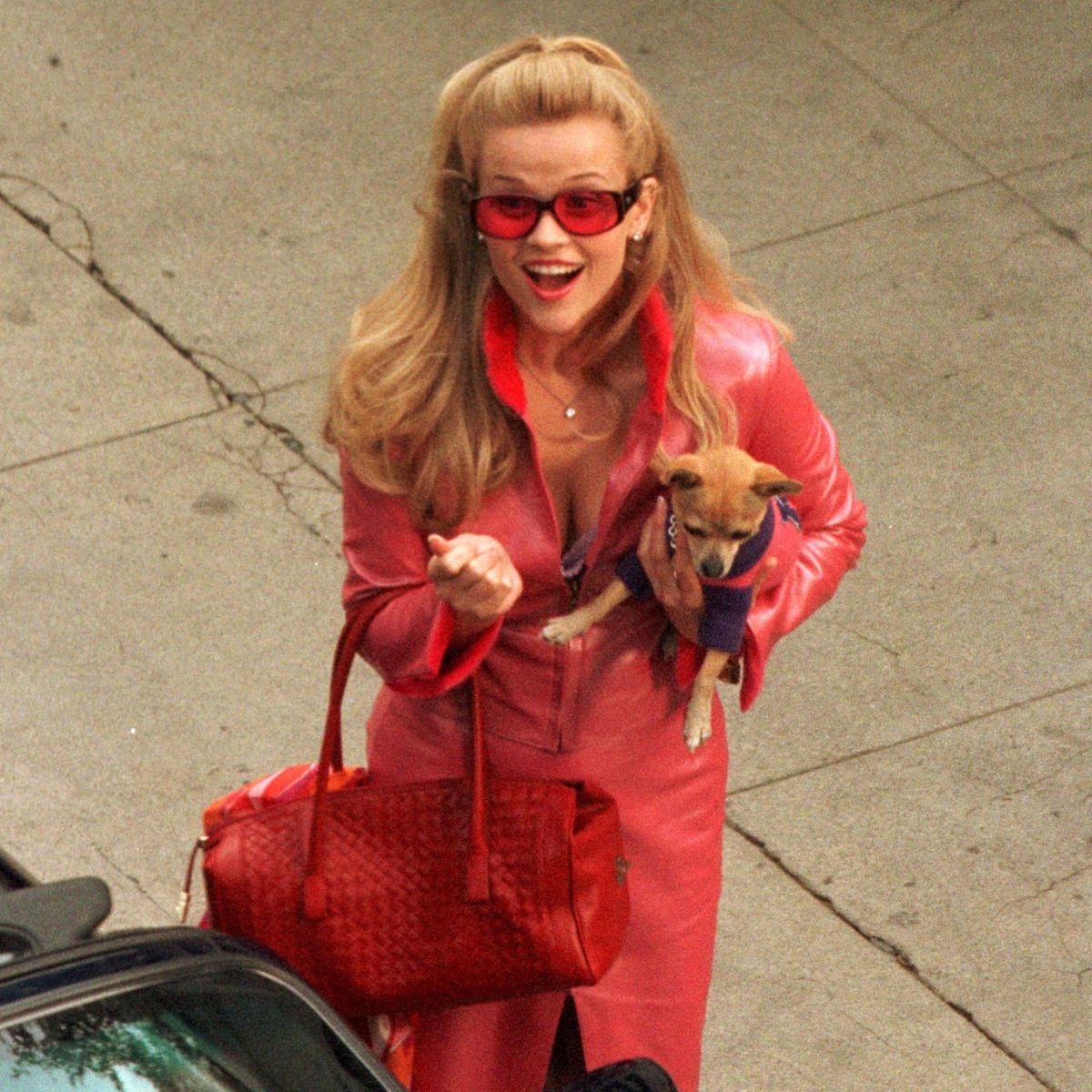11 trailblazing feminists you've never heard of (but totally should have)
We've got Emma Watson, Margaret Atwood and Gloria Steinhem, but what about the women who came BB (Before Beyoncé)? Prepare for a her-story lesson like you've never had before
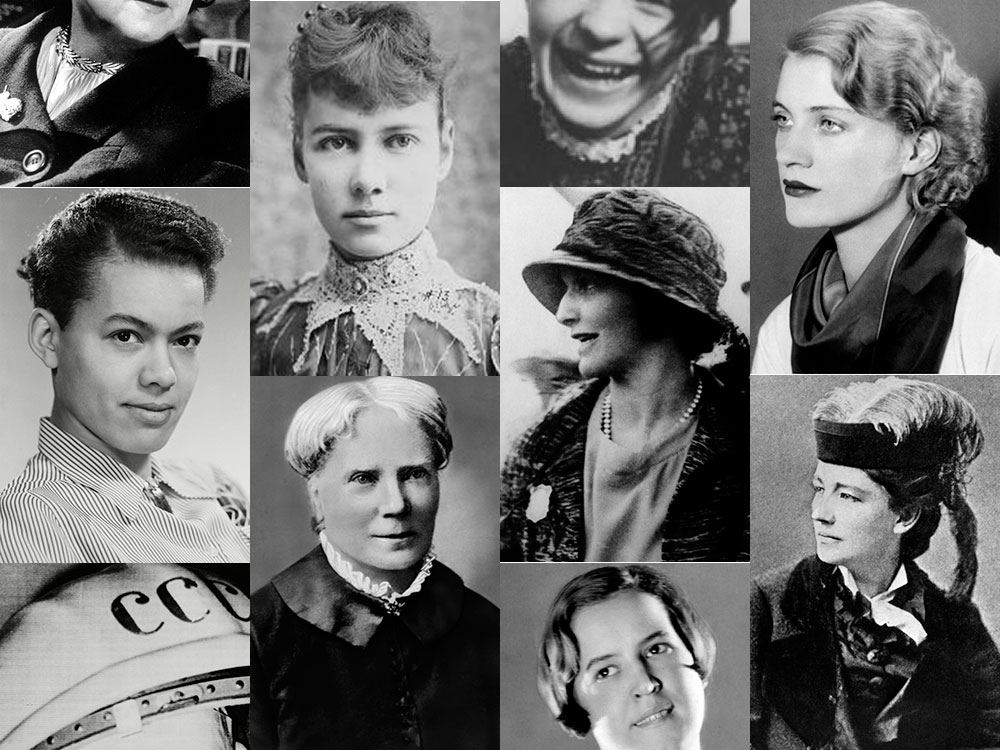
We know all about Margaret Atwood and Gloria Steinhem, but what about the lesser-known women who changed the course of history for all of us? Let's salute them.
Meet the feminists you've never heard of, by taking a trip back in time. There are so many incredible things about being a woman today, and much of that is thanks to the hard-fought battles of the feminists from days gone by. When societies eventually decide to quit with the whole oppressive sexism thing (and pro-rape groups realise it's way past their bedtime), we'll have got a pretty good deal. Here in the UK, we can wear skirts or trousers on our lower limbs. We're cleverer, cleaner and better at football than our boyfriends (studies say so, so it has to be true). We can climb the career ladder, then give birth when we reach the top in an act of jubilant - albeit somewhat painful - celebration. We can disregard the career ladder altogether and give birth next to it if we choose - not on the ground, per se, but perhaps on a nice soft pillow, laid on the floor. Or we can not give birth at all. Choice for women is a great thing and long may it continue.
But while some things are getting better in certain countries for women (not in these countries - these countries have terrible anti-women laws and make us feel sick just thinking about them) there's still work to be done. And while that happens, let's look back at the feminists you've never heard of (but totally should have) with a massive nod of respect. Thanks for the progress, ladies.
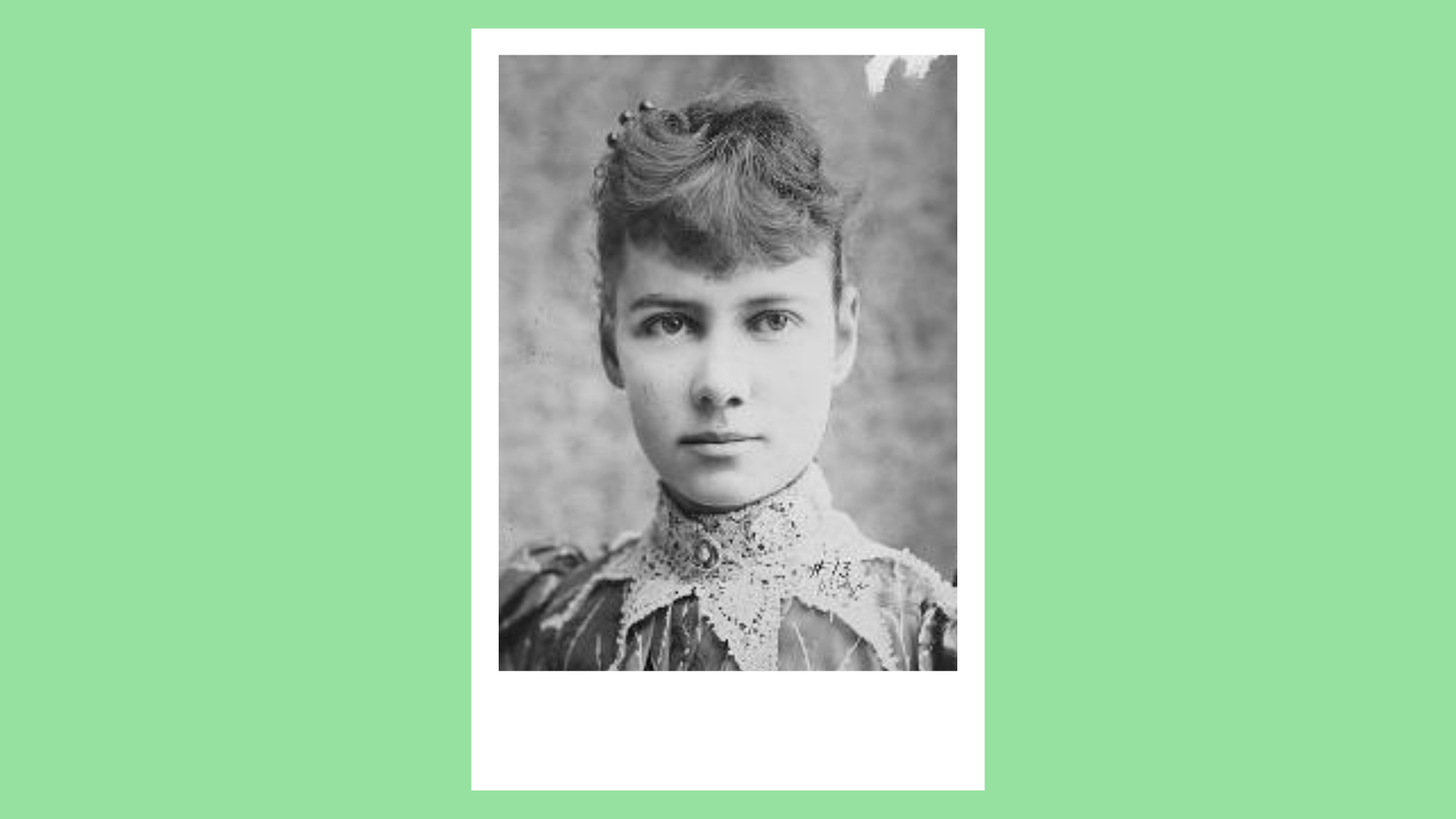
NELLIE BLY (or, ELIZABETH JANE COCHRAN) - May 5, 1864 - January 27, 1922 An American journalist, Nellie got her first job at a newspaper when she was 18, after writing a letter of complaint about a sexist article entitled 'What Girls Are Good For'. The editor was so impressed with the letter, he asked to meet its author. And so Nellie Bly was born. Using her public platform (and pen-name - it was still considered taboo for a woman to be published) to raise awareness of the inherent sexism in 19th century society, she was known for writing pieces about divorce law (which favoured men) and rights for working women.
Of course, as with all inspirational women, this was just the start. After a year at the paper, Nellie convinced her editors to send her to Mexico as an undercover reporter. She was expelled from the country a year later - after reporting on the wrongful imprisonment of another journalist - only to be immediately hired by Joseph Pulitzer (hint: there's a prize named after him). Working at the New York World, Nellie began her career as an undercover reporter, feigning mental illness to report on the conditions of a local asylum, and continued to highlight the discrimination faced by women.
In 1888, Nellie pitched an even bigger idea to her editor: to put Around The World In 80 Days to the test, and circumnavigate the globe using only public transport. Taking with her just a small travel bag containing some toiletries, a dress (which she wore), an overcoat, several changes of underwear and £200 in a small bag around her neck, she set off, eventually reaching her end goal in 72 days flat. Along the way she'd found the time to visit a leper colony in China and buy a monkey in Singapore.
Upon her return to America, Nellie married a businessman twice her age (she was 31, he was 73) and retired from journalism in favour of running his company, which made steel cans. She became an inventor in her own right, patenting a series of designs, and taking over the business when her husband died. Unfortunately, it later went bust, and she was forced to return to journalism, reporting on the suffrage movement and the First World War. Her contribution to giving women's rights a voice will forever be remembered.
Marie Claire Newsletter
Celebrity news, beauty, fashion advice, and fascinating features, delivered straight to your inbox!
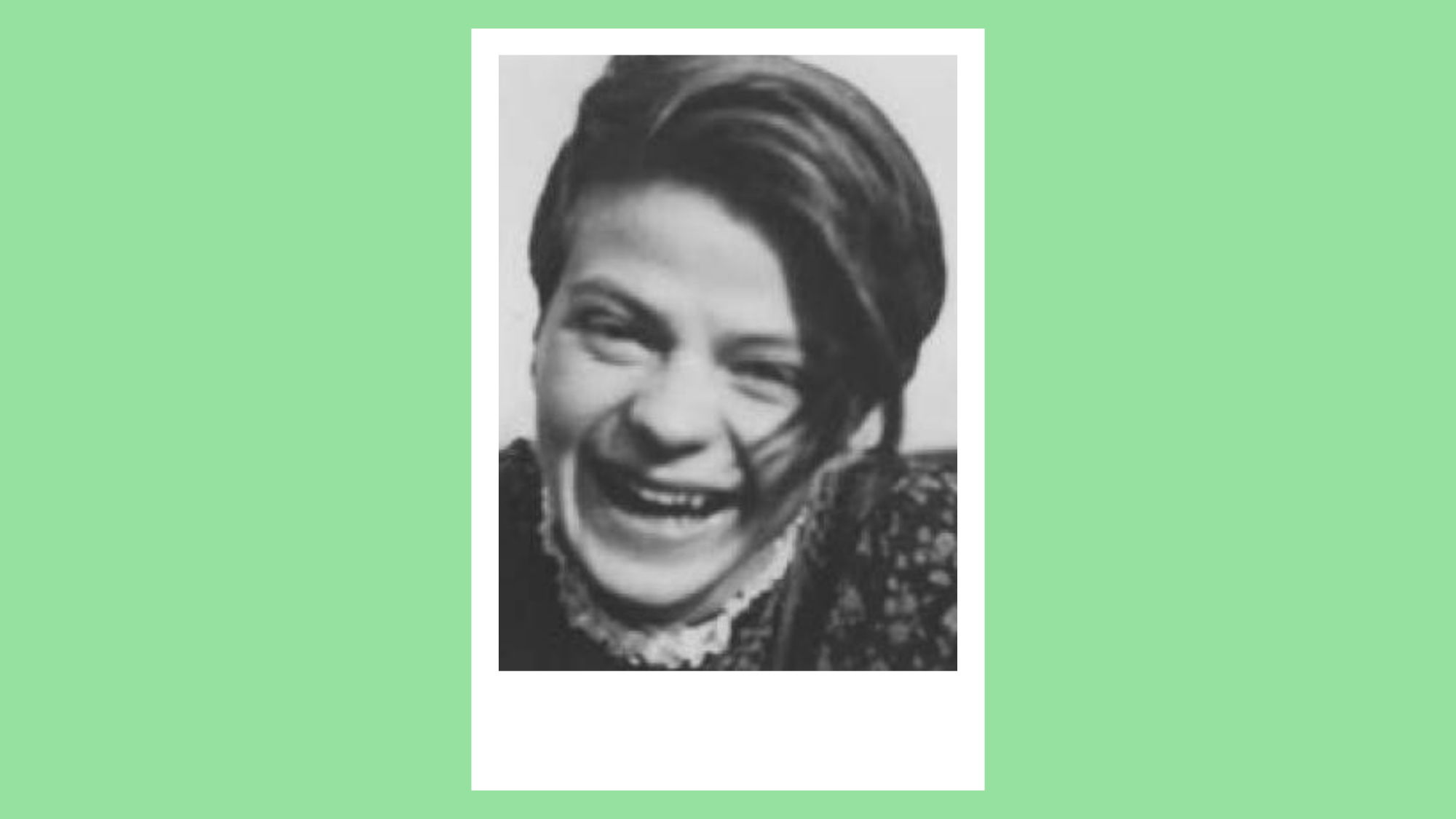
SOPHIE SCHOLL - May 9, 1921 - February 22, 1943 Executed at the age of 21, Sophie was an anti-Nazi campaigner in Germany at the start of the Second World War. Her father was a critic of the Nazis throughout the '30s, and while Sophie initially joined the far-right Bundes Deutsches Madchen (think Brownies, but a hell of a lot more sinister) with her friends when she was 12, she became increasingly aware that not everybody viewed the world in the same way that her BDM teachers did - and by the time she was in her late teens, she was making a stand against it.
Nevertheless, Sophie was working at a Kindergarten a few years later when the war broke out. With a group of friends that included her brother, Hans, Sophie helped to form the White Rose resistance group to fight back against Hitler's policies, and raise awareness of the cruelty he was responsible for. Hans and two other men started to write pamphlets, criticising Nazism, but while Hans initially wanted to keep Sophie out of it, her chances of being stopped on the street by the Schutzstaffe (SS) were smaller as a woman, so eventually he caved and allowed her to join the resistance. Tragically, she was arrested a few months later at university in Munich, she was sentenced to death by guillotine.
'Somebody, after all, had to make a start. What we wrote and said is also believed by many others,' she said during her trial. 'They just don't dare express themselves as we did.'
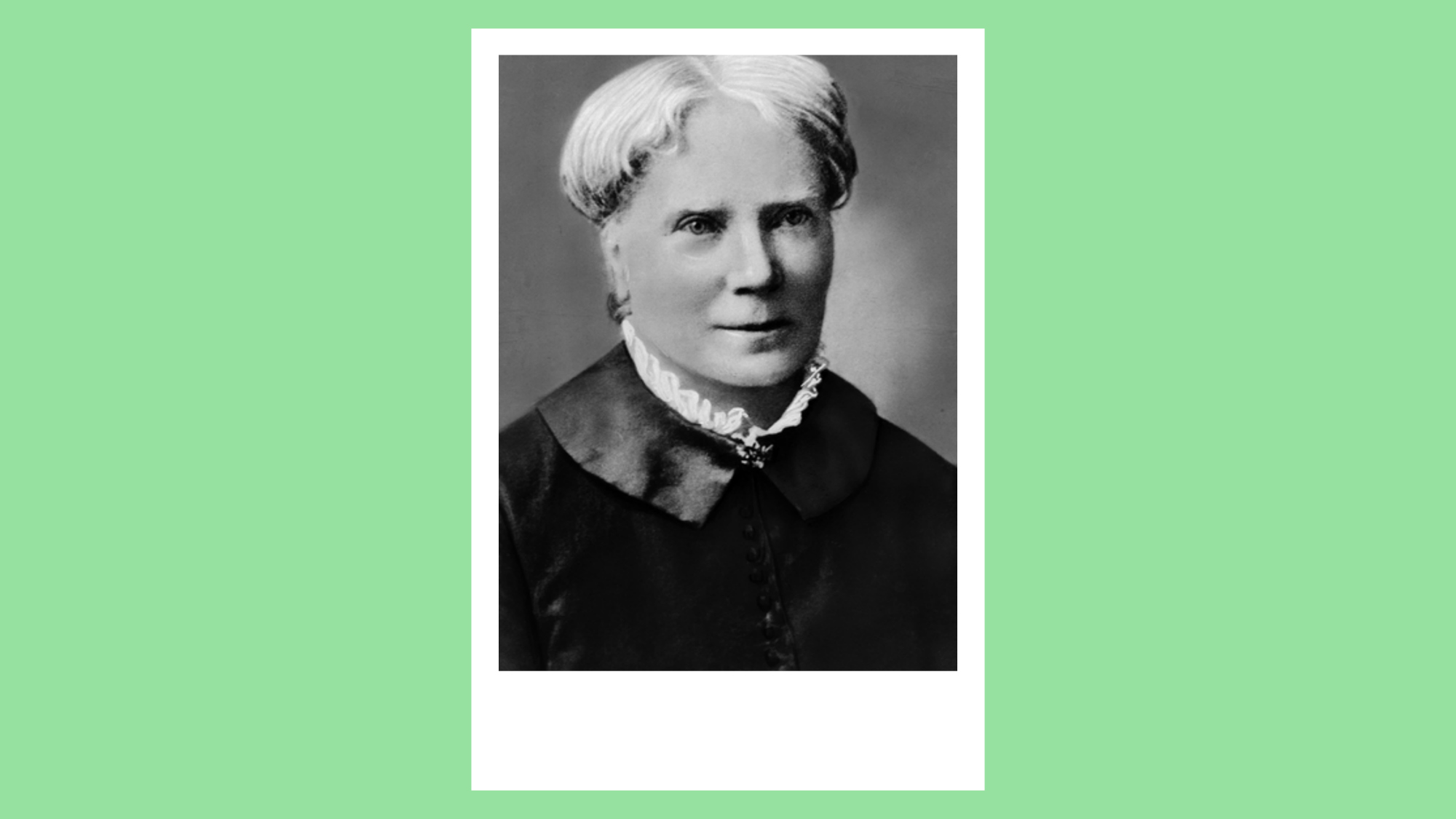
ELIZABETH BLACKWELL - February 3, 1821 - May 31, 1910 The first woman to get a medical degree, British-born Elizabeth was also the first woman to appear on the UK medical register. Elizabeth's father believed that every child should be given maximum opportunity to harness (or at the very least, find) their talents, so he hired governesses for his nine offspring, along with independent instructors to teach them specialist skills. The family decided to move to America, but tragically, after three weeks there, Elizabeth's father contracted biliary fever and promptly died - leaving the children forced to start school in order to make enough money to survive.
By the 1840s, Elizabeth had realised she wanted to attend medical school but needed to raise the $3000 in tuition fees, so she took a job in Kentucky teaching music. There she witnessed the slave movement first hand for the first time, and left a few years later - angry and frustrated at the conditions across the Deep South. Heading back to New York, she applied for a medical degree. The university asked their 150 male students if they could study alongside her, and they voted unanimously to accept her onto the course. When she passed the degree two years later, the dean of the university stood up and bowed to her during the graduation ceremony.
Elizabeth dreamed of becoming a surgeon, but she contracted an eye infection so severe that she had to have the eye removed. When the American Civil War broke out, she poured her efforts into medical care for the wounded - her anti-slavery sentiments meant she felt strongly about the cause, and she often said she'd leave America altogether if the whole country behaved the way they did in the southern states. As it was, she began travelling back to the UK more frequently - mentoring Elizabeth Garrett Anderson (the first woman to qualify as a physician in England) - and becoming very close friends with Florence Nightingale.
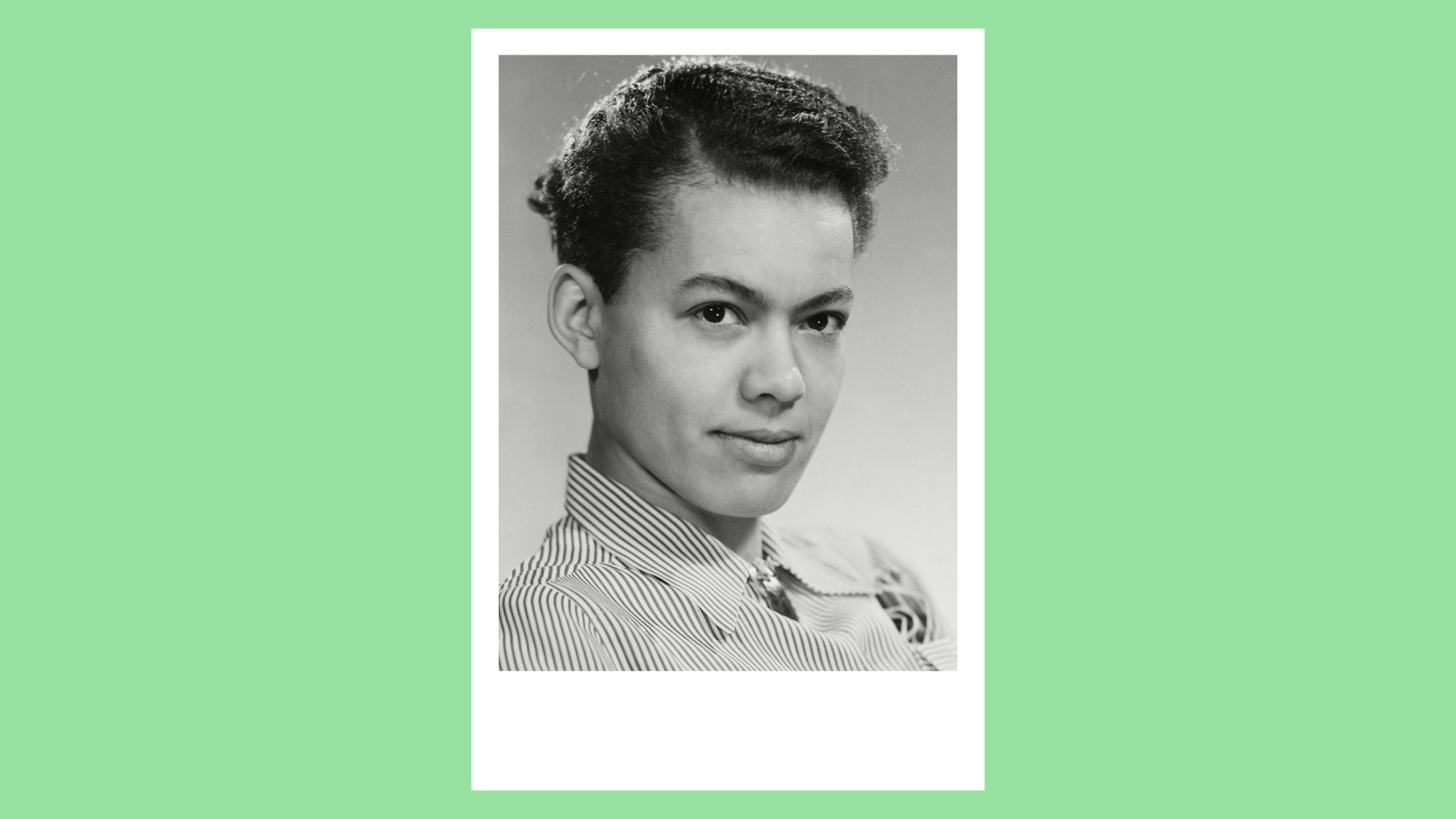
PAULI MURRAY - November 20, 1910 - July 1, 1985 Raised by her grandparents, Pauli's political activity was limited until - at the age of 18 - she applied to study at the University of North Carolina, but was rejected because of her race. She protested, loudly, but to little avail. Writing to President Roosevelt and the president of the university in question (before releasing their responses to the local press), the case garnered attention across the state in both black and white papers. But it didn't work - lawyers still refused to represent Pauli - a fact that's since been linked to her sexuality (she talked openly about having relationships with women) and the fact that she favoured trousers over skirts.
When she was 30 years old, Pauli sat with a friend in the 'white only' side of a bus, and they were promptly arrested for violating state segregation laws. As soon as she was free to go, she reassessed her career goals - and focused upon becoming a civil rights lawyer. Heading to Howard University, she graduated first in her class, but was rejected from Harvard for postgraduate study because she was a woman. Not to be put off, she continued her studies, eventually becoming the first black deputy attorney general, and was named Woman of the Year by the National Council of Negro Women.
Increasingly inspired by women within the Episcopal church, now-60-year-old Pauli headed to the seminary to study for three years and consequently became the first ever black woman to be ordained as a priest. It was during this time that Pauli began writing to Eleanor Roosevelt to ask for her support in a series of civil rights campaigns and the pair became close friends and correspondents.
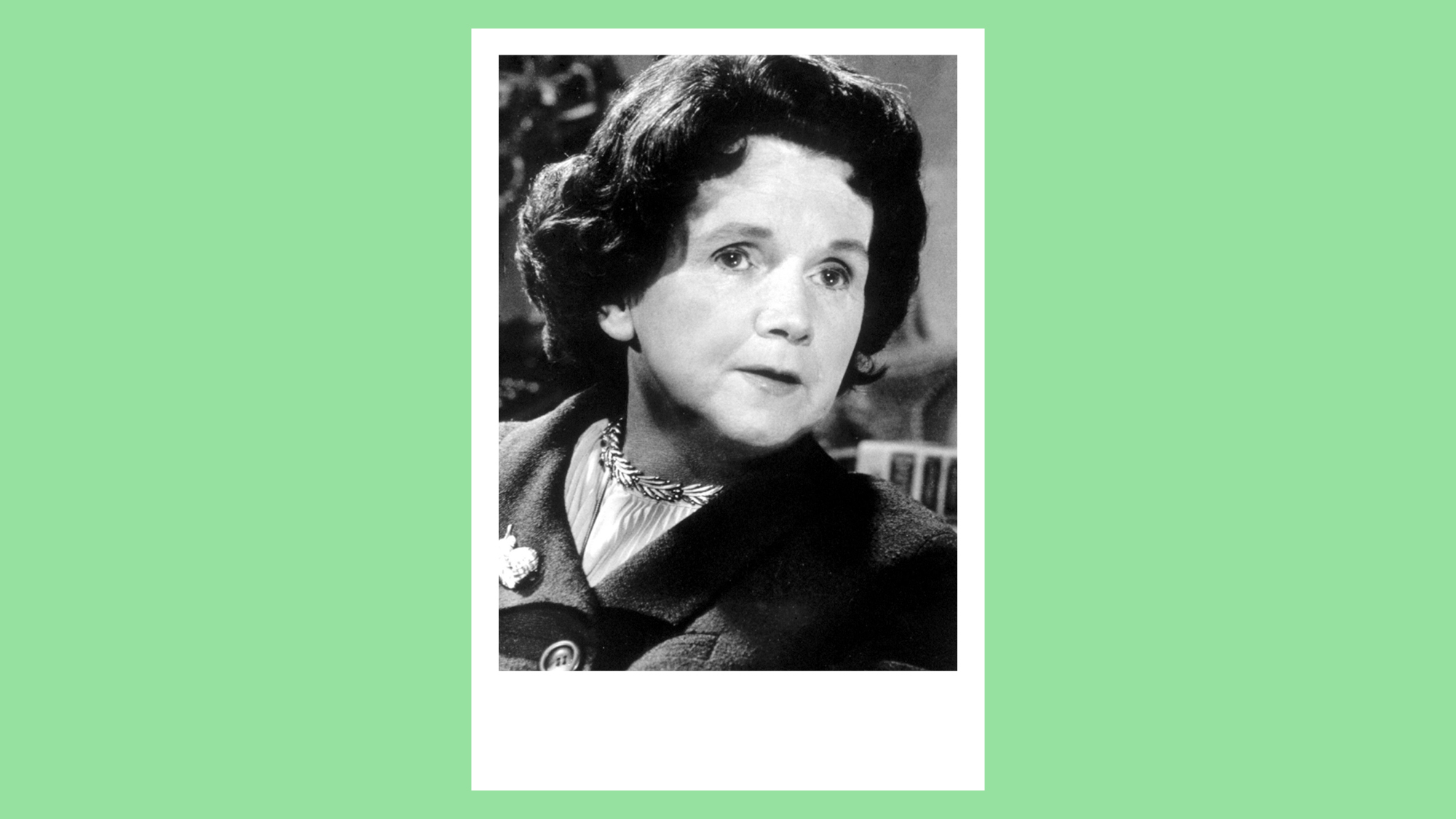
RACHEL CARSON - May 27, 1907 - April 14, 1964 A marine biologist and conservationist, Rachel is thought to be one of the most gifted nature writers of the 20th century, forewarning the dangers of the effects of chemical pesticides on the environment, and rebuffing the idea that humans could gain control over nature.
In her book, Silent Spring, Rachel wrote about climate change, rising sea levels and the human impact on animal populations - positioning herself as a social revolutionary and asking why humans have the right to decide what lives and dies on the planet.
Nevertheless, Rachel's work wasn't without controversy. Her writing has since been condemned by Forbes as alarmist and scaremongering - 'the fears she raised were based on gross misrepresentations and scholarship so atrocious that, if Carson were an academic, she would be guilty of egregious academic misconduct'.
But in an era when global warming is still dismissed and not taken seriously, Rachel's work paved the way for other female biologists to raise their concerns. As the editor of all publications for the National Fish and Wildlife Service, she prioritised other women's opinions, quoting them throughout her articles and writing, and established a discussion that's still very relevant today.
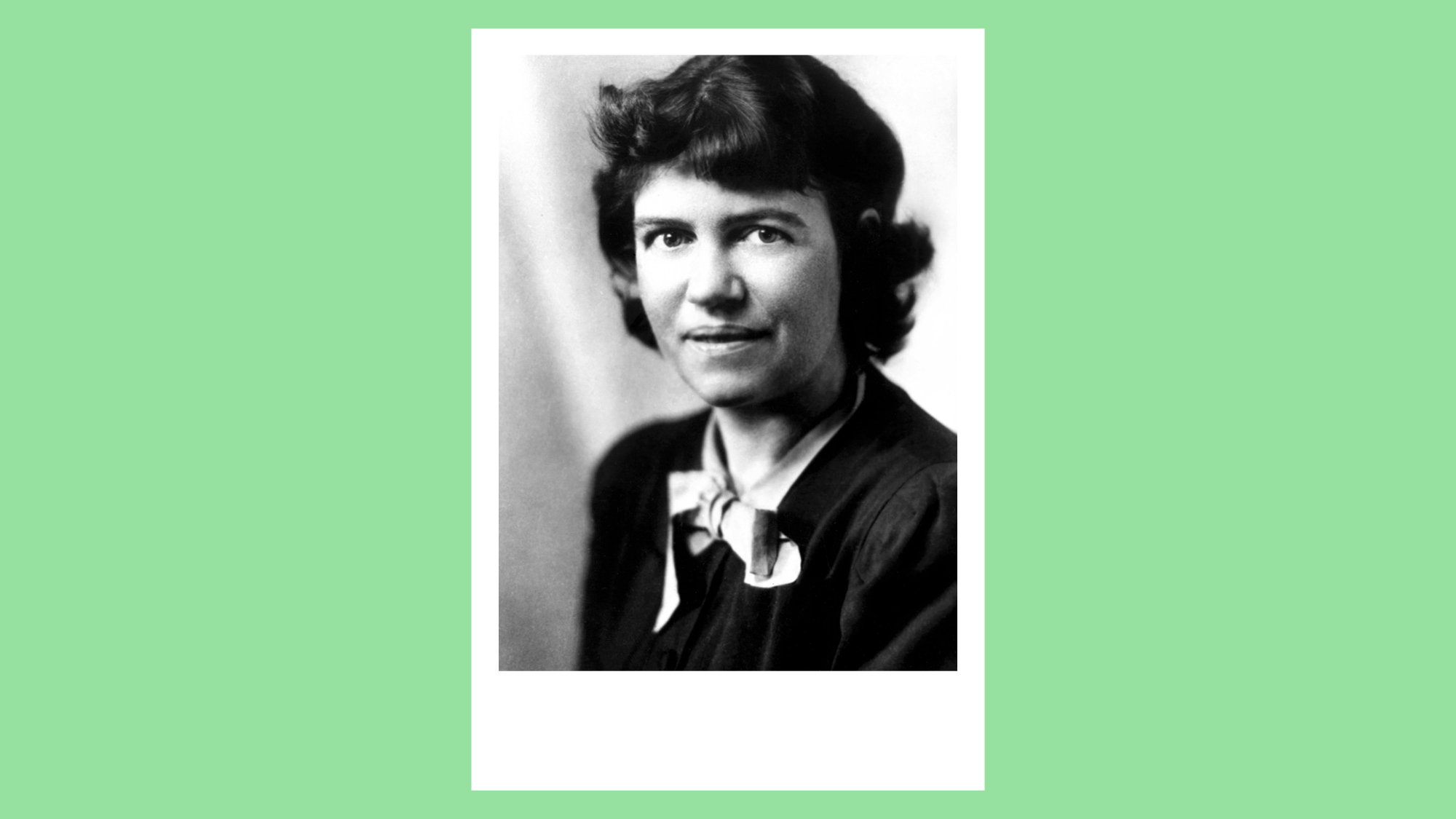
MARGARET MEAD - December 16, 1901 - November 15, 1978 Remembered as one of the most important anthropologists in the history of the world, Margaret Mead studied at Columbia University before heading to American Samoa, in the South Pacific Ocean, when she was 24 (in 1925). There, she studied the behaviour of teenage girls on the island, before travelling to New Guinea with her husband to study the way children behaved, and the ways in which they were influenced by the adults around them.
Margaret's first book, Coming Of Age in Samoa, was translated into multiple languages and explores the idea that cultural and environmental demands could impact upon adolescent sexuality and development. She went on to examine gender roles in different societies, deducting that they varied from country to country, and weren't necessarily inherited or genetic.
Over the course of her studies, Margaret deduced that racism, sexism and violence are learned - and that individuals can work together to learn new behaviours and modify their traditions accordingly - creating the slogan, 'Never doubt that a small group of thoughtful, committed citizens can change the world.' (Which is the kind of phrase we might print out and stick on our bathroom mirror so we remember it while brushing our teeth in the morning.)
And if that's not inspiring enough, over the course of her lifetime, she received 28 honorary doctorates and wrote over 20 books. Not bad, huh?
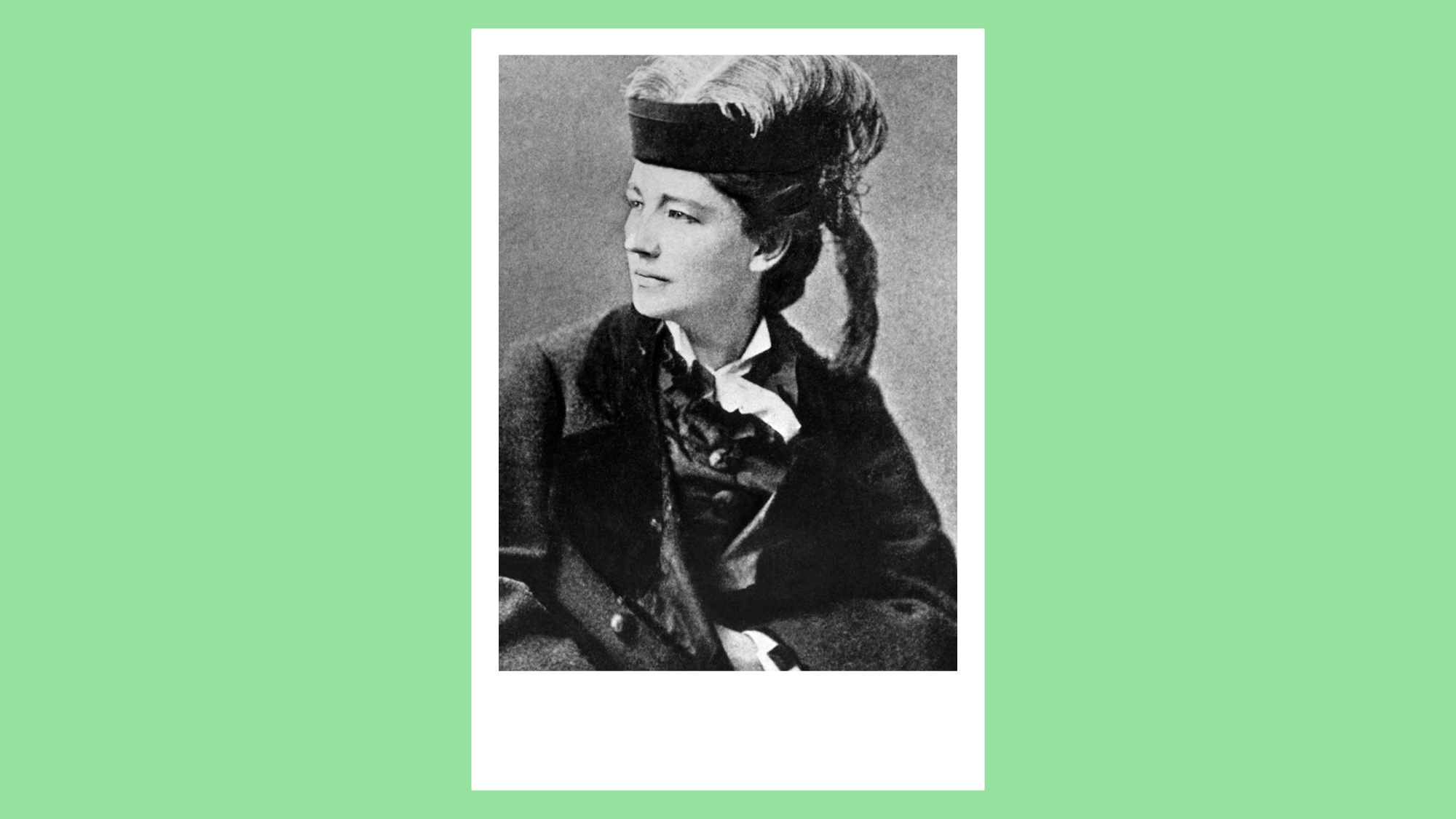
VICTORIA WOODHULL - September 23, 1838 - June 9, 1927 Sure, you've heard of Hillary Clinton, but did you know about Victoria Woodhull? The first ever woman to run for President of the United States, Victoria was born to an illiterate mother and petty criminal father. She didn't go to school until she was eight and when she was 15, she was married to an older alcoholic, cutting her education short.
Swapping books for crystal balls, Victoria left her husband and began work as a travelling clairvoyant with her sister, Tennessee, reading palms and concocting strange cure-all elixirs. When she and her sister became employed by a railroad baron, they began picking up stock tips and at the age of 30, the pair opened the first ever female-owned stock trading company in 1868.
Two years later, in 1870, Victoria announced she was running for President - campaigning for women to get the vote, an eight-hour workday, the abolition of the death penalty and welfare for the poor - but people struggled to take her seriously because of her gender. She launched the Equal Rights Party, but it didn't help her cause, and in the end, nobody counted the votes in her favour - even though her name was on the ballot slips.
Nevertheless, Victoria didn't give up. Her progressive attitudes extended as far as her sex life, once declaring 'I want the love of you all, promiscuously. It makes no difference who or what you are, old or young, black or white, pagan, Jew, or Christian, I want to love you all and be loved by you all, and I mean to have your love', and at one point openly living with her husband, ex-husband and lover in the same house. In 1877, she and her then-partner moved to England, where she lived until her death in 1927, only briefly popping back to the States to run for President one last time.
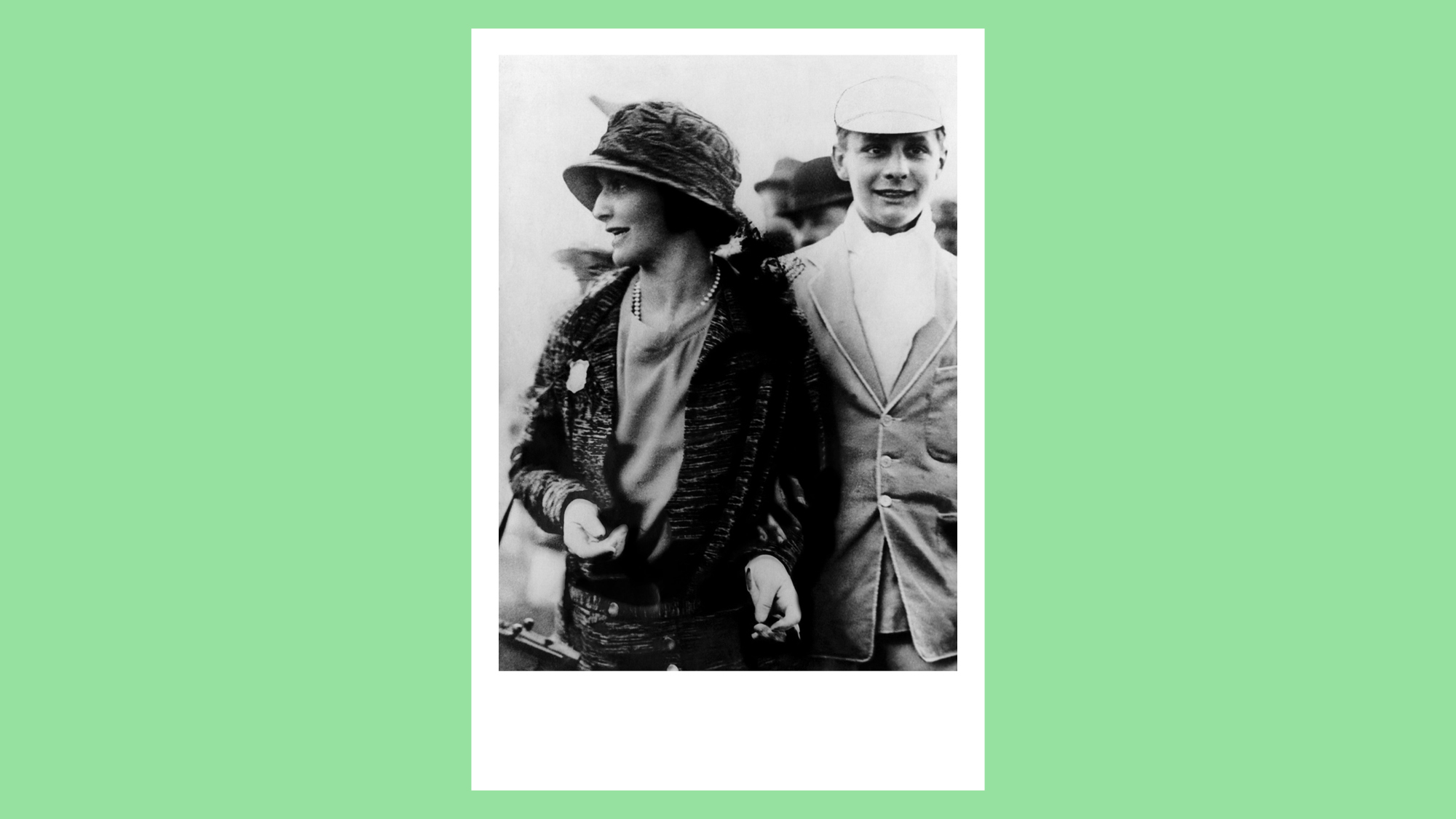
NANCY ASTOR - May 19, 1879 - May 2, 1964 Born into relative poverty - the abolition of slavery meant that her father initially struggled to run his business - Nancy Astor's life spanned two continents and several social classes.
By the time Nancy was a teenager, her father regained his fortune, meaning she and her sisters were raised as socialites in New York. At 18, she married an older man, who reports have since suggested was abusive, and who Nancy herself openly talked about trying to divorce. Eventually, she was successful.
Moving to England at 26 in hope of a fresh start with her younger sister, Phyllis, Nancy quickly settled and won over the upper classes with her quick wit. When asked by one particular group of older socialites if she'd come to the UK to steal their husbands, she quickly replied, 'Oh, if you knew the trouble I've had getting rid of mine...'
Nevertheless, Nancy quickly married again - to Waldorf Astor, another American expat with whom she shared the same birthday. They moved into a lavish estate in Buckinghamshire and, following his father's death, Waldorf inherited his father's title of 'Lord', automatically gaining a seat in the House of Lords. This meant he would have to vacate his seat in the House of Commons, which he had campaigned for and won previously, but instead of letting the seat go empty (or, more likely, filled by an outside candidate), Nancy decided to run for the seat herself.
It was a controversial move as Nancy had little to do with the suffragettes in the UK, and the first woman elected to Parliament, Constance Markievicz, dismissed her as 'of the upper classes, out of touch'. Meanwhile, Nancy had publicly opposed to alcohol, which made her about as popular as you can imagine and she had a habit of saying outlandish things which could make her appear unstable. Nevertheless, she took to campaigning happily, and her quick wit again won her both male and female fans across the country.
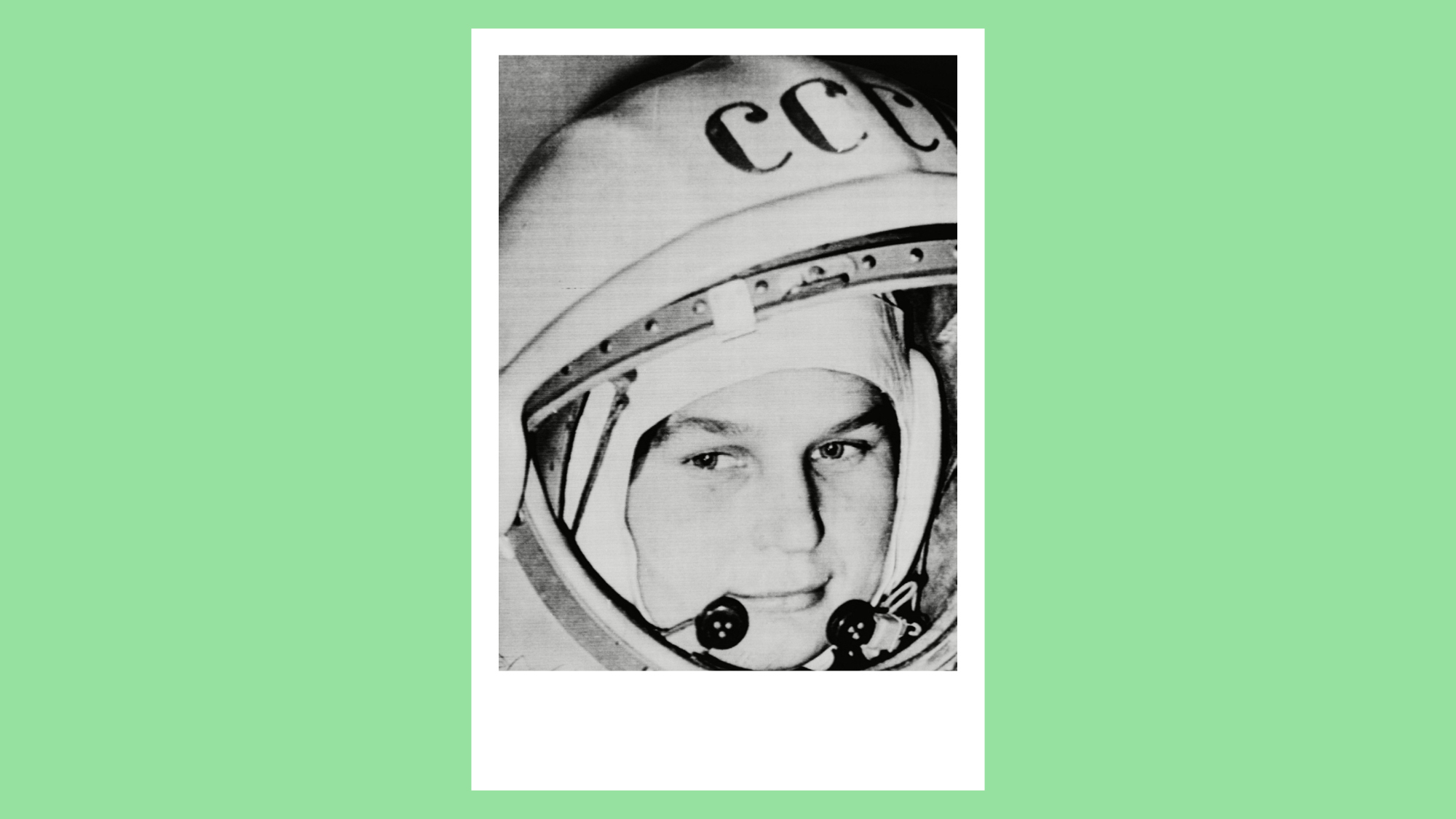
VALENTINA TERESHKOVA - March 6, 1937 (age 78) The first ever female astronaut, Russian Valentina was born in 1937. In 1963, she was chosen out of more than 400 applicants to pilot 'Vostok 6' - and became the first civilian in space in the process. Not bad for a former textile worker and amateur sky-diver.
Valentina's education up until her career as a cosmonaut was sporadic. She lived with her parents in rural Russia, and while she started school at the age of eight, she left at 16, and continued to study by correspondence courses, working at her family's textile factory to bring in an income. But when the chief Soviet rocket engineer, Sergei Korolyov decided he wanted to put a woman in space, she eagerly applied. After all, experience wasn't necessary - they just wanted somebody who was a competent parachutist under 30 years of age, under 170 cm tall, and under 70 kg in weight. At 26, Valentina was the perfect candidate.
Although the flight made her feel sick, Valentina stayed in space for three days, orbiting the earth 48 times, and managing to amass a total flight time of more than all the former American astronauts combined. And it took another 19 years for another woman to go into space.
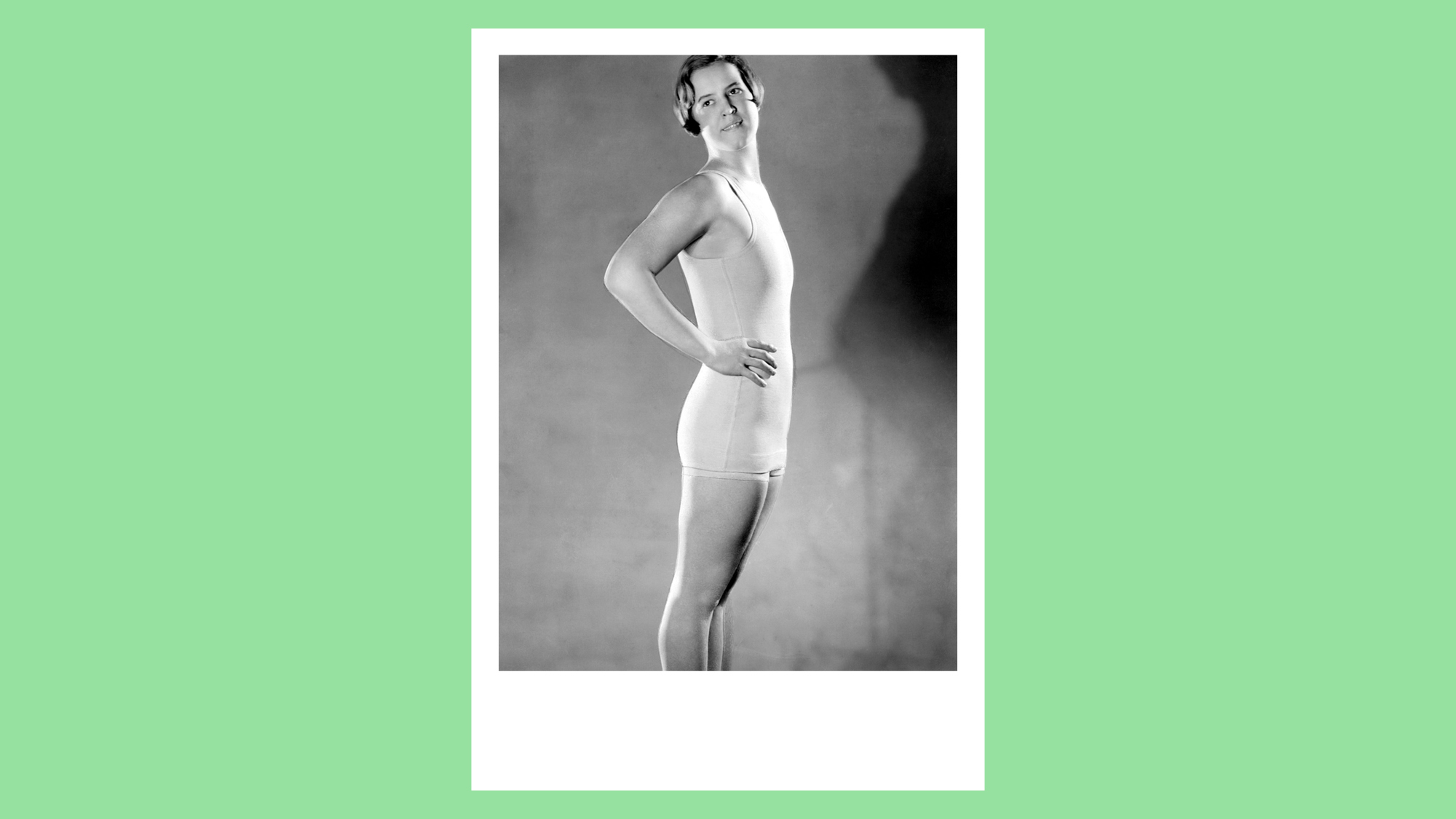
GERTRUDE EDERLE - October 23, 1905 - November 30, 2003 Next time you feel proud of yourself for taking a dip in the Hampstead Heath Ladies Pond, take a moment to think of Gertrude Ederle. The American-born swimmer took to the English Channel at the age of 19, and reached the other side 14 hours and 34 minutes later.
Taught to swim by her mother, at 12 years old, Gertrude joined the Women's Swimming Association and broke her first world record within the first few months. She quickly went on to break seven more world records, and many more national ones in the space of five years. At the 1924 Olympics in Paris, she entered three races - two individually, one as part of a team. But while she scooped a gold medal in the relay, she finished third in her two other categories - a loss which she spent the rest of her life referring to as the greatest disappointment of her career.
The next year, Trudy began long-distance, free-water swimming. Navigating the 22 miles from Battery Park to Sandy Hook in just over seven hours, she began training to cross the Channel.
The first crossing failed miserably. Her coach ordered another swimmer to rescue Trudy from the water when she appeared to be struggling, which Trudy resented (she claimed she'd merely been resting, face down, in the water). A year later, she tried again - wearing motorcycle goggles to protect her eyes from the saltwater. When she reached the other side, she'd beaten her male predecessors' times by over two hours - the first person to greet her was an immigration officer, who requested her passport.
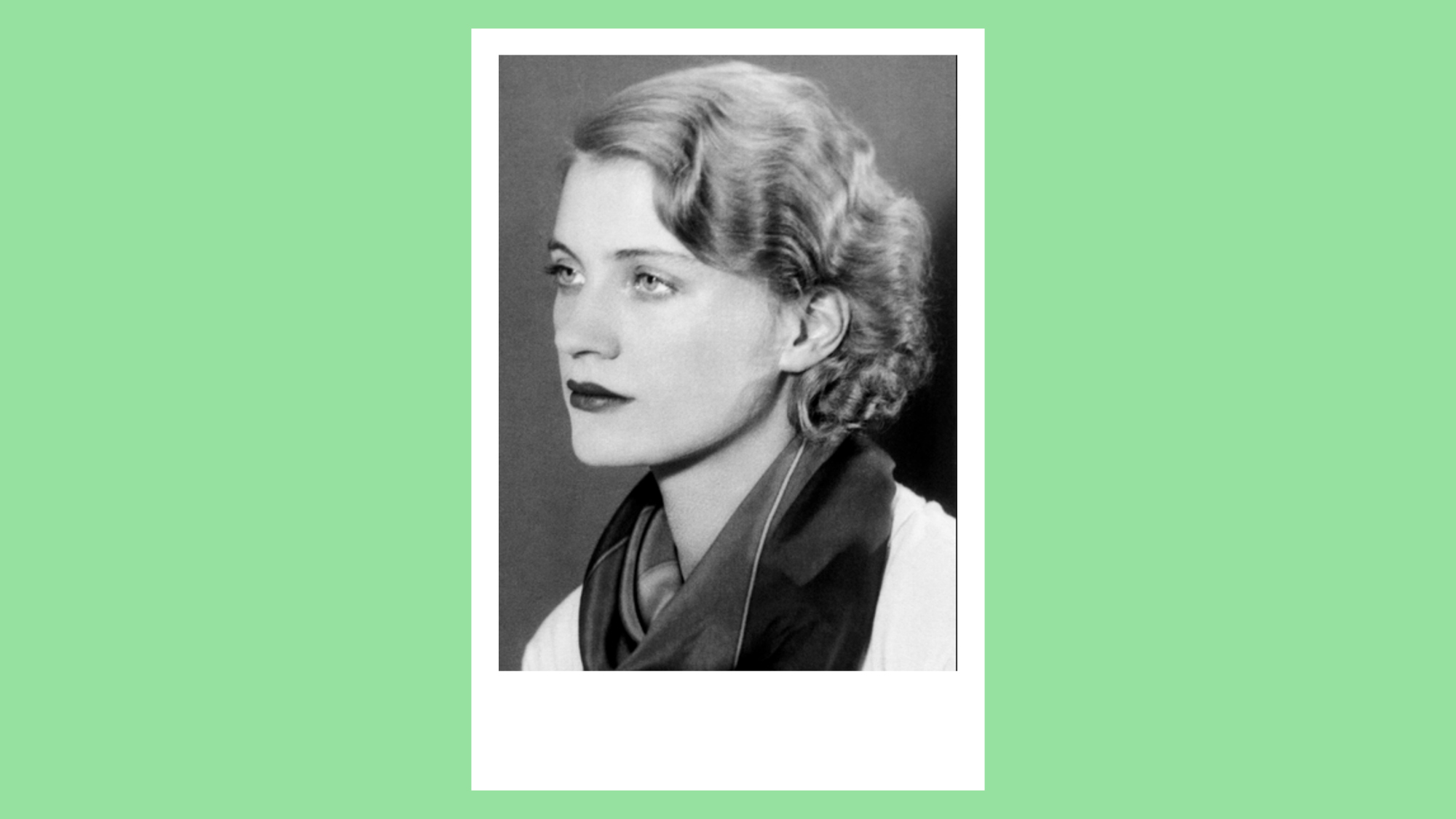
LEE MILLER - April 23, 1907 - July 21, 1977 She was spotted on the street - kind of like Kate Moss - only this was in 1927. And three months later she was on the cover of Vogue. But that wasn't enough for Lee - preferring to be in creative control, she swapped life in front of the camera for a career behind it, learning the art of surrealist photography from the likes of Picasso and Man Ray, before becoming a war correspondent during the Blitz.
Leaving a trail of men in her wake (it's thought that Man Ray was particularly infatuated with her), Lee was one of only two women to gain press accreditation to cover the Second World War, infiltrating concentration camps, and even Hitler's bunker, taking a photograph of herself sitting in his bathtub, muddy boots all over the floor.
The leading destination for fashion, beauty, shopping and finger-on-the-pulse views on the latest issues. Marie Claire's travel content helps you delight in discovering new destinations around the globe, offering a unique – and sometimes unchartered – travel experience. From new hotel openings to the destinations tipped to take over our travel calendars, this iconic name has it covered.

